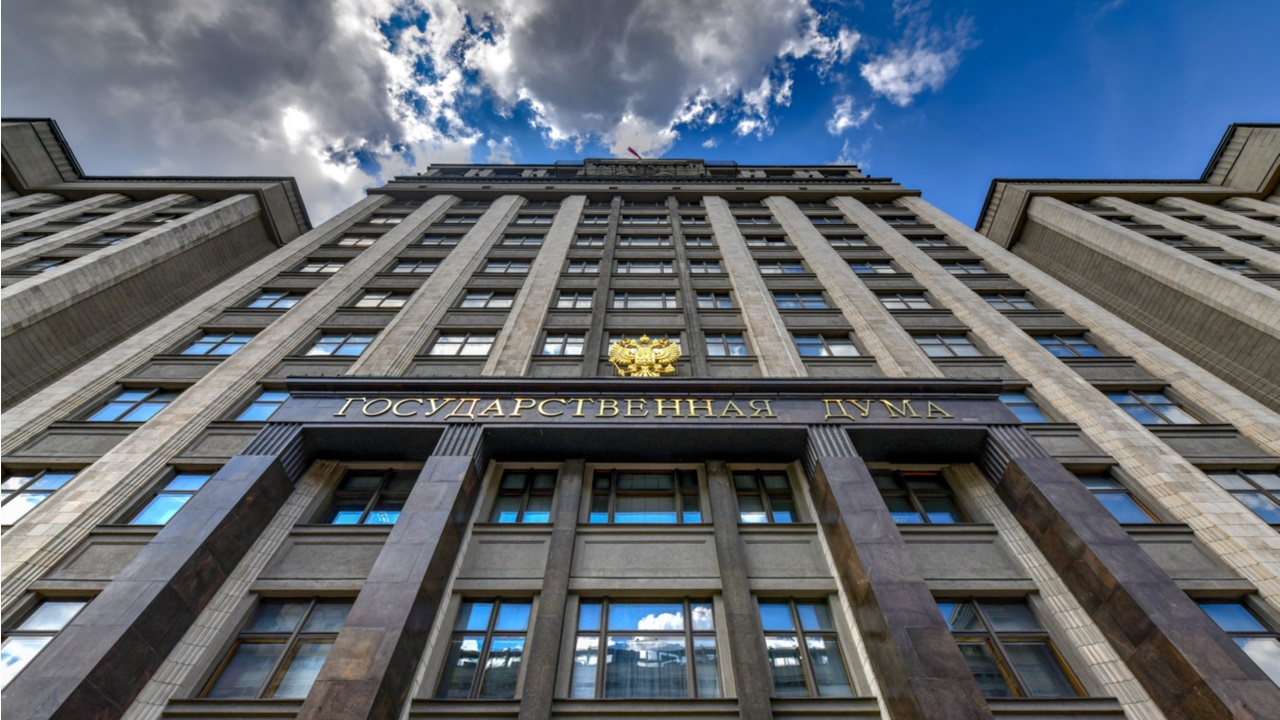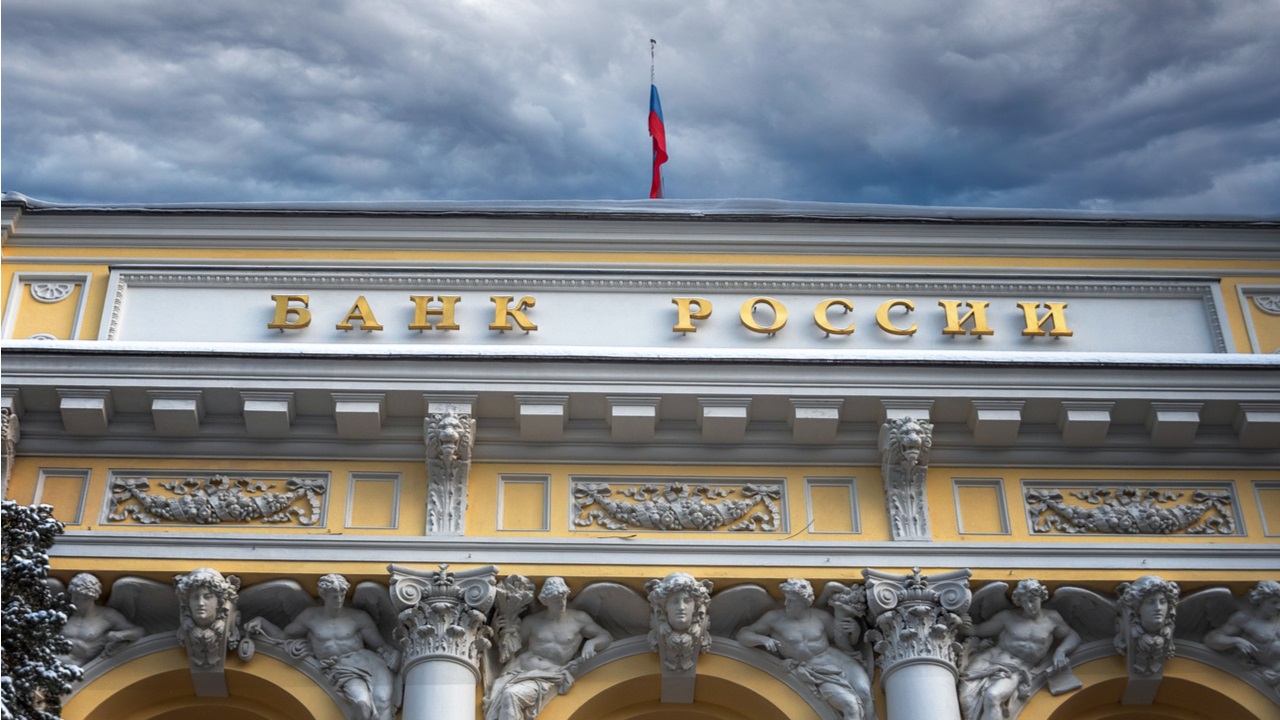
Russia’s authorities have been discussing two approaches to regulation of cryptocurrency and related activities. Although the Bank of Russia has reportedly proposed a ban on crypto assets being purchased, Russian lawmakers continue to push for rules to allow cryptocurrency mining, trading, and taxation.
Russian officials discuss alternative Crypto Regulations
Russian institutions, including the central bank and the lower house of parliament, the State Duma, are mulling over how to put the country’s growing crypto space in order. The head of the Duma’s Financial Market Committee, Anatoly Aksakov, revealed that officials are now discussing “two diametrically opposite approaches” to the regulation of cryptocurrencies — a complete ban or alternatively, legalization of crypto trading.
Interfax reported that a high ranking lawmaker stated that discussions are centered on taxation and legal definitions of new financial instruments. The Russian parliament should approve them during its spring session. This will ensure that Russia has the right regulations in place for 2023. Aksakov mentioned that the State Duma already passed a draft bill on taxation for cryptocurrencies on its first reading.

This new bill recognizes bitcoin and digital currency as tax property. It was presented to the House a year ago. Deputies gave their initial approval for the draft in January 2021, when the law “On Digital Financial Assets” went into force. Pavel Krasheninnikov (chairman of the Duma Committee on Legislation) commented on the subject. He stated that Russia must legalize cryptocurrency before it can be taxed.
Anatoly Ashakov also explained that there are some regulations which prohibit ownership or acquisition of cryptocurrencies. One alternative is to permit the setting up of crypto-exchanges. The operation must be transparent and easily accessible to regulators.
The growing industry of cryptocurrency mining in Russia is another area worth attention. Aksakov is a strong supporter of mining being registered as a business and taxes accordingly. This would allow Russia to increase electricity rates for its mining companies, which currently use sub-subsidized energy at household price.
Bank of Russia Will Prohibit Cryptocurrency Investments
Meanwhile, a media report has revealed that the Central Bank of Russia (CBR) will be seeking to impose a ban on cryptocurrency investments, citing risks they may pose to the country’s financial stability. These risks increase with increasing use of cryptocurrency transactions, according to the regulator. The regulator has been a strong opponent of the legalization of cryptocurrency circulation in the Russian economy, often referring to assets like bitcoin as “money surrogates,” as well as to their adoption as a means of payment.
Two sources in the Russian financial industry, quoted by Reuters say that the monetary authority has been discussing a ban on the purchase of new crypto assets. This is being discussed with experts and market participants. One source said that the restriction would not impact previous purchases if it was adopted. He spoke on condition of anonymity. The other source, close to the CBR, unveiled that the central bank’s current position is one of “complete rejection” of all cryptocurrencies.

Asked for a comment, Bank of Russia stated that it’s now preparing an advisory report to present its position on the matter but declined to elaborate in detail. Russian media reports that a group of experts on cryptocurrency regulation will meet at the State Duma in December. They are expected to review a CBR report.
Bank of Russia published recently the Financial Stability Overview (second and third quarter of 2021). It cited estimates from financial institutions that the Russian population makes around $5 billion annually in digital currency transactions. The authority warned that cryptocurrency operations “carry significant risks for financial stability and investors.”
Do you think Russia will adopt a crypto-friendly regulatory approach? Comment below to share your opinions.
Credits for the imageShutterstock. Pixabay. Wiki Commons
DisclaimerThis information is provided for educational purposes only. It does not constitute an offer, solicitation, or recommendation of any company, products or services. Bitcoin.com is not a provider of investment, tax, legal or accounting advice. The author and the company are not responsible for any loss or damage caused or alleged caused by the content or use of any goods, services, or information mentioned in the article.